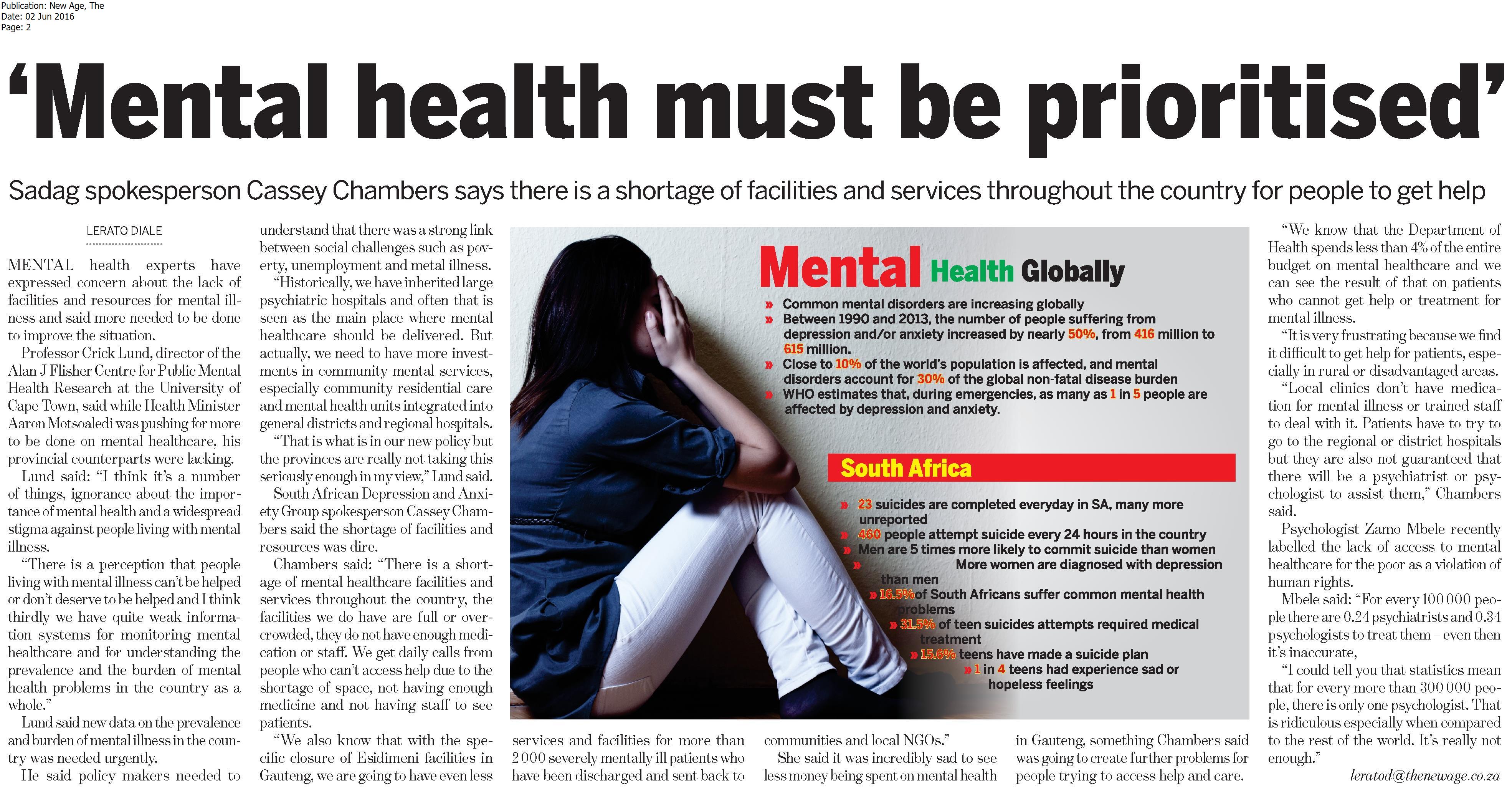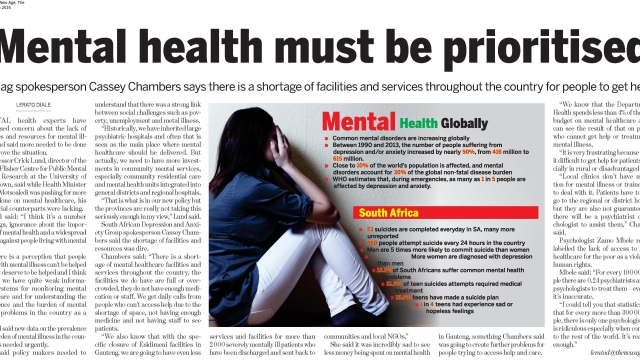
Mental Health Care is a topic that often remains shrouded in silence and stigma. However, it is an essential aspect of overall well-being that deserves our attention and support. In recent years, there has been a growing recognition of the importance of mental health and the need for accessible and empowering care for all individuals. From providing treatment for common disorders like anxiety and depression, to addressing more complex conditions such as bipolar disorder and schizophrenia, mental health care plays a vital role in helping individuals lead fulfilling lives.
Despite these strides, many barriers still exist that prevent individuals from accessing the mental health care they need. Financial constraints, limited resources, and cultural biases are just a few factors that contribute to the disparity in mental health care accessibility. Furthermore, the lack of awareness and education surrounding mental health often leads to feelings of shame and isolation for those who are struggling.
Breaking the silence surrounding mental health care is crucial in order to foster an environment of understanding and support. By challenging the stigma associated with mental illness, we can create a space that encourages open dialogue and promotes seeking help without judgment. Empowering individuals to prioritize their mental well-being is not only beneficial on an individual level but has broader societal implications as well.
In this article, we will explore the current state of mental health care and examine the challenges and advancements that have been made. We will delve into the importance of destigmatizing mental illness and highlight initiatives that aim to make mental health care accessible to all. By shedding light on this critical topic, we hope to pave the way for a future where no one feels alone or helpless in their journey towards mental well-being. Together, let us break the silence and empower mental health care for all.
Challenges in Accessing Mental Health Care
When it comes to accessing mental health care, there are several challenges that individuals may face. These obstacles can hinder their ability to receive the vital support and treatment they need. Let’s explore some of these challenges below:
Stigma and Discrimination: One major barrier to accessing mental health care is the enduring stigma and discrimination associated with mental illnesses. Many people are still hesitant to seek help due to the fear of being labeled or judged negatively. This stigma can lead to feelings of shame and isolation, preventing individuals from reaching out for assistance.
Limited Availability: Another challenge is the limited availability of mental health care services, particularly in remote or underserved areas. The shortage of mental health professionals, facilities, and resources makes it difficult for people living in these areas to access timely and appropriate care. This issue is particularly pressing in low-income communities where mental health services are scarce.
Financial Constraints: The cost of mental health care can be prohibitive for many individuals. Even in countries with comprehensive healthcare systems, mental health services may not be fully covered or may require substantial out-of-pocket expenses. This financial burden can deter people from seeking the care they need, leading to untreated mental health conditions and potentially worsening outcomes.
By understanding and addressing these challenges, we can work towards breaking the silence surrounding mental health care and empowering individuals to seek and receive the support they deserve. It is crucial to advocate for increased funding, improve access to care in underserved areas, and challenge the stigma and discrimination that prevent people from seeking help.
Improving Accessibility and Affordability of Mental Health Services
In order to empower mental health care for all individuals, it is crucial to address the barriers that limit access to and affordability of mental health services. By focusing on improving accessibility and reducing the financial burden, we can create a more inclusive and supportive mental health care system.
https://thcdabwoodsvape.co.uk/Expanding Telehealth Services: One effective way to enhance accessibility is by leveraging technology to provide telehealth services. Telehealth allows individuals to access mental health care remotely, eliminating the need for transportation or geographical constraints. By expanding telehealth services, individuals in rural or underserved areas can receive the support they need without having to travel long distances.
Increasing Insurance Coverage: Improving affordability of mental health care requires addressing insurance coverage limitations. Many insurance plans have limited coverage for mental health services or impose higher co-pays and deductibles compared to physical health services. By advocating for comprehensive insurance coverage, we can ensure that mental health care is treated on par with other medical services, reducing the financial burden for individuals seeking support.
Investing in Community Mental Health Centers: Strengthening community mental health centers can significantly improve accessibility to mental health services. These centers serve as vital resources for individuals who cannot afford private therapy sessions or who face long wait times for specialized care. By investing in the expansion and staffing of community mental health centers, we can enhance the availability of quality mental health care in underserved communities.
By focusing on improving accessibility and affordability of mental health services, we can break the silence surrounding mental health care and empower individuals to seek the support they need. It is essential to prioritize these initiatives to ensure that mental health care becomes accessible for all, regardless of geographical location or financial constraints.
Promoting Mental Health Awareness and Education
In order to promote mental health awareness and education, it is crucial to provide accessible information and resources to individuals from all walks of life. By fostering greater understanding and knowledge about mental health, we can work towards breaking down stigmas and barriers that prevent people from seeking the care they need.
One way to promote mental health awareness is through community-based initiatives. These can include organizing workshops, seminars, and public events that focus on educating the public about different aspects of mental health. By engaging with community members and providing them with accurate information, we can help dispel myths and misconceptions, while encouraging individuals to take their mental health seriously.
Another important avenue for promoting mental health awareness is through schools and educational institutions. Incorporating mental health into the curriculum can help normalize conversations about mental health and equip young individuals with the necessary knowledge and tools to recognize and address their own mental well-being. By providing early education about mental health, we have the opportunity to create a generation that is better equipped to understand and support one another.
Additionally, digital platforms and social media can play a significant role in raising mental health awareness. Utilizing these platforms to share stories, resources, and information can reach large audiences and provide them with accessible and reliable content. Social media campaigns and online support groups can help connect individuals who may be struggling with their mental health, offering a safe space for them to seek guidance and support.
By actively promoting mental health awareness and education, we can empower individuals to take control of their mental well-being and seek the care they deserve. It is through collective efforts and an open dialogue that we can break the silence surrounding mental health and build a society that prioritizes the mental well-being of all its members.






Recent Comments